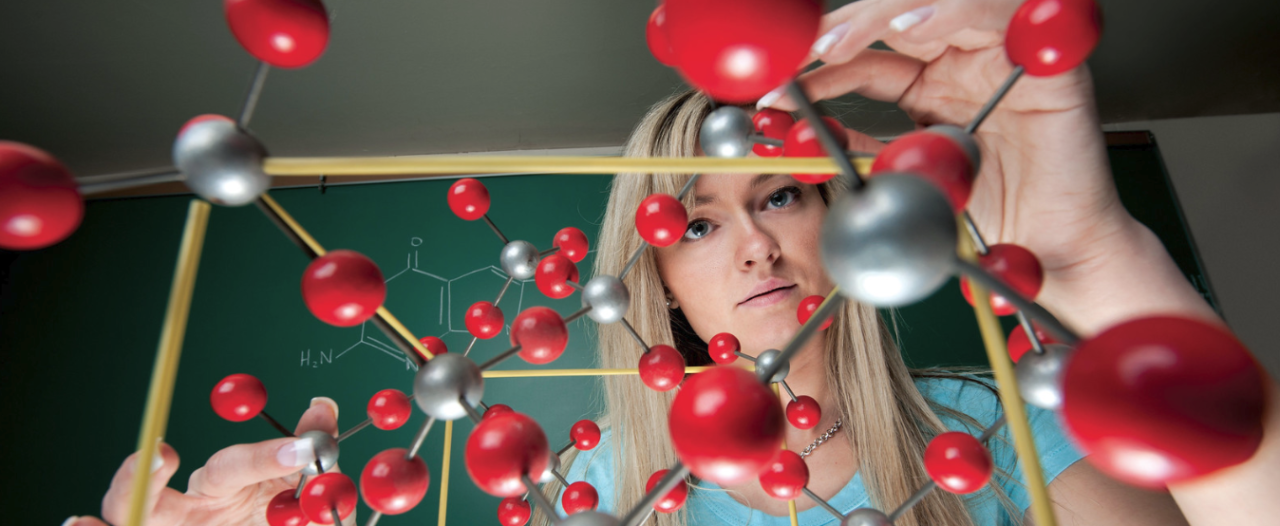Science Minor

Minor in Science for non-Science Majors:
Required 16 credit minor
- BIOL1221 Biological Diversity
- BIOL1222 Lab: Biological Diversity
- BIOL1223 Rec: Biological Diversity
- BIOL1233 Molecules, Cells, & Genes
- BIOL1234 Lab: Molecules, Cells, & Genes
- BIOL1235 Molecules, Cells & Genes Rec
- CHEM1201 General Chemistry I
- CHEM1211 REC: General Chemistry I
- CHEM1203 General Chemistry Lab I
- CHEM1202 General Chemistry II
- CHEM1212 General Chemistry II
- CHEM1204 General Chemistry II
A grade of C- or better is required for all courses in this minor.